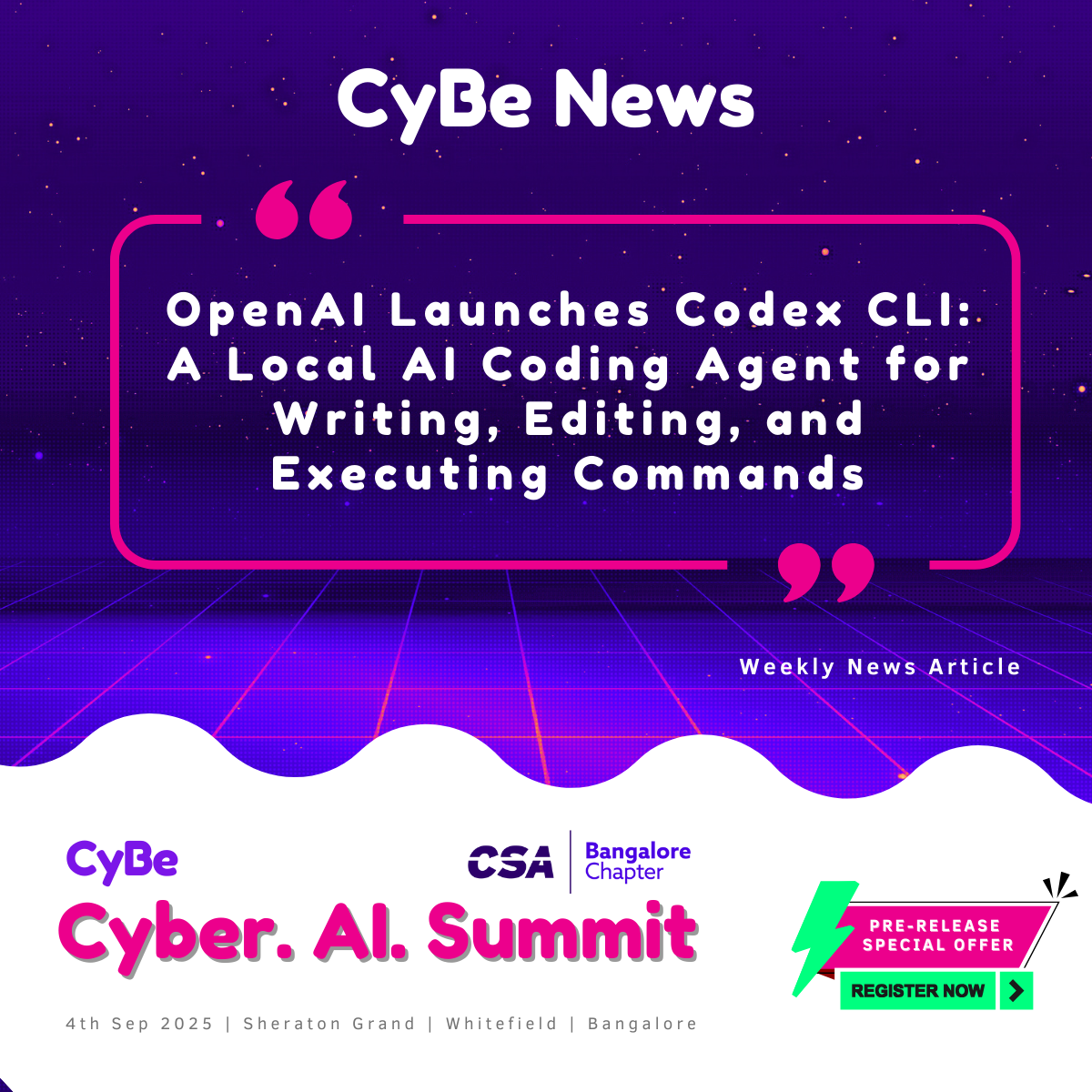OpenAI has introduced its latest innovation, the Codex CLI, an open-source AI coding agent that promises to redefine programming workflows. This cutting-edge tool integrates seamlessly with a user's terminal, enabling tasks such as reading, modifying, and executing code locally. Powered by OpenAI's advanced o4-mini model, Codex CLI offers developers the flexibility to choose from three distinct approval modes- Suggest, Auto Edit, and Full Auto-tailored to varying levels of autonomy and oversight.
One of the standout features of Codex CLI is its multimodal capabilities, allowing users to input text, screenshots, or diagrams to generate or refine code. This functionality makes it a versatile tool for developers working on complex projects. While officially supporting macOS and Linux, Windows compatibility is currently experimental and requires the Windows Subsystem for Linux (WSL).
Privacy and security are central to Codex CLI's design. OpenAI has emphasized that the source code of software developed by users will never leave their environment. "All file reads, writes, and command executions happen locally. Only your prompt, high‑level context, and optional diff summaries are sent to the model for generation," the company stated. This ensures developers can leverage AI assistance without compromising the security of their codebase.
This development is a significant step forward in the evolution of AI-driven coding assistance. It highlights OpenAI's dedication to creating tools that are not only powerful but also user-centric. As the tech community continues to explore the potential of Codex CLI, it will be exciting to see how this tool shapes the future of software development.
Read more: link



